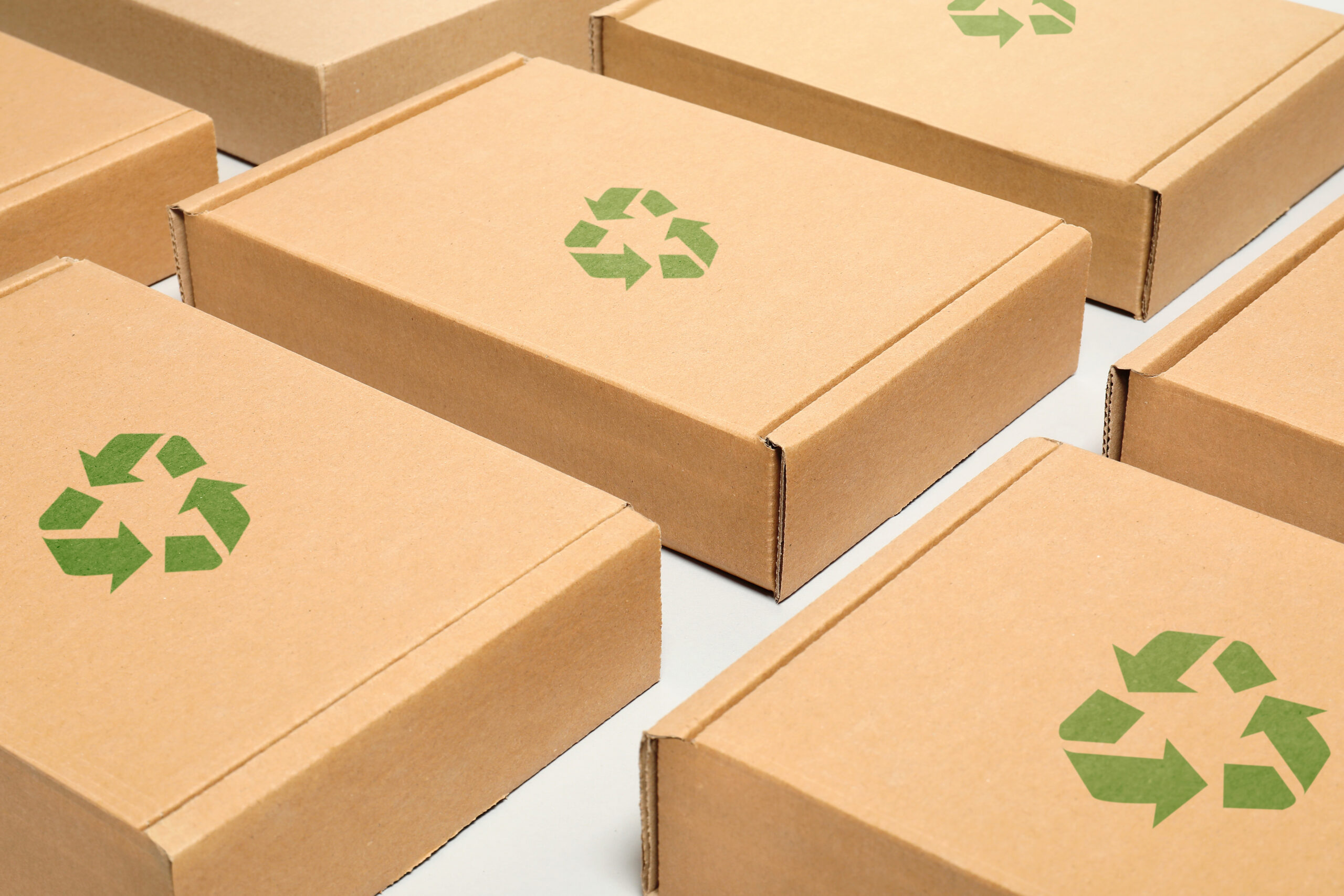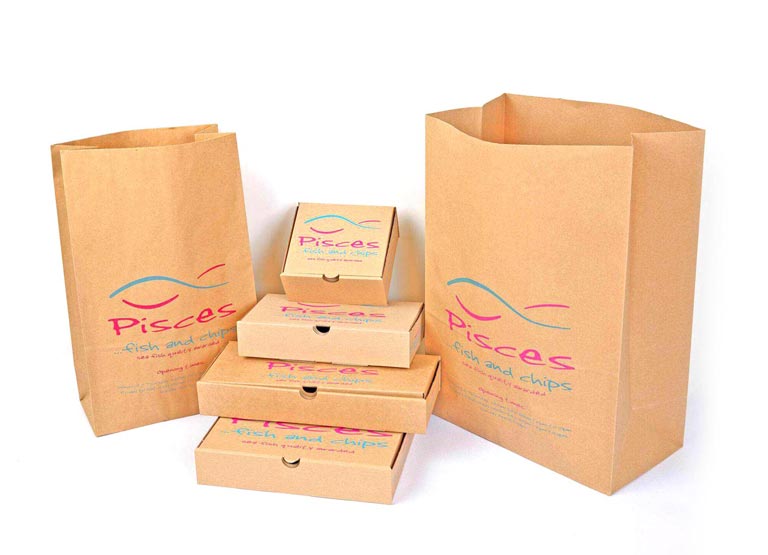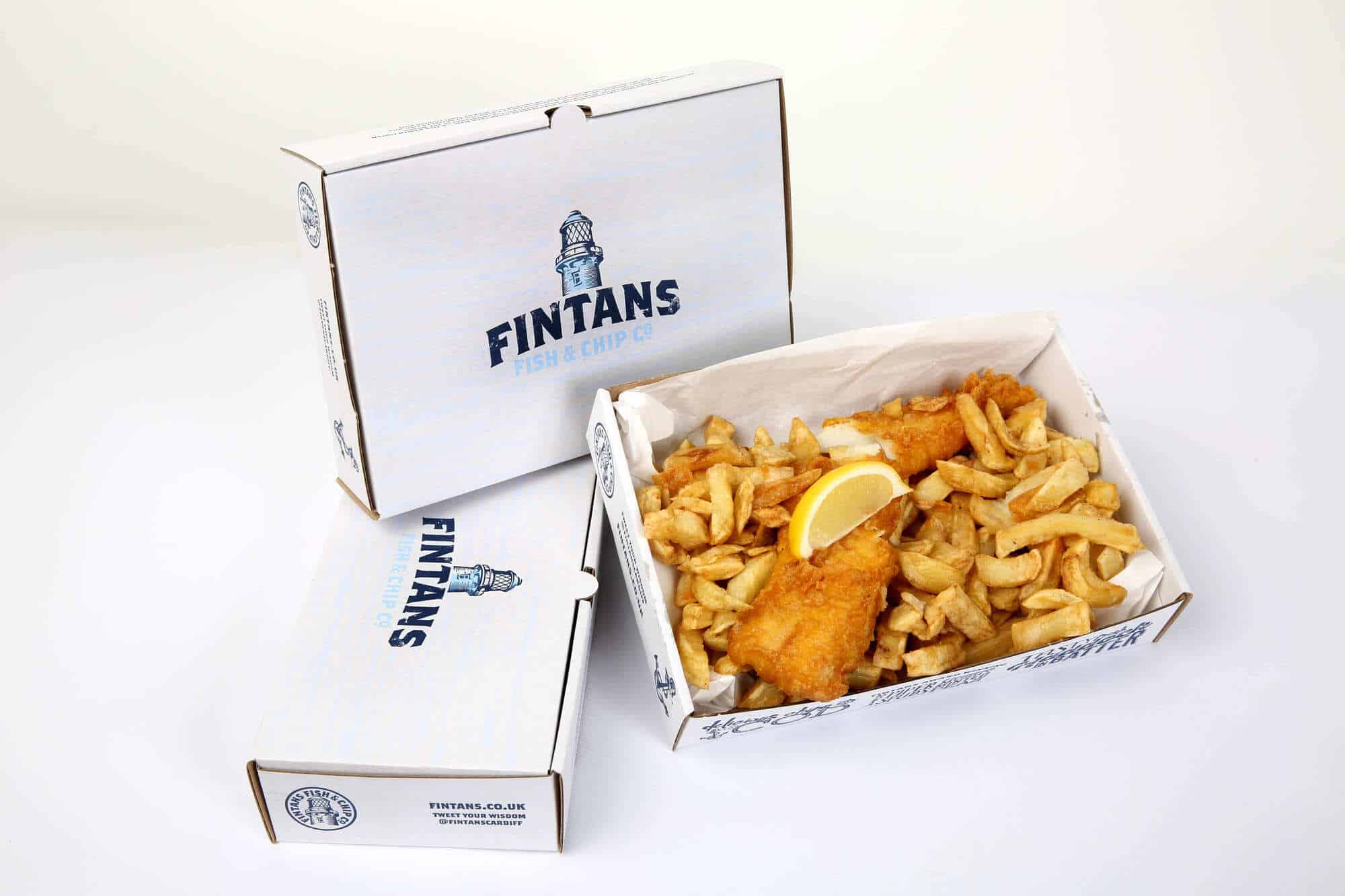The Earth Is What We All Have In Common, Let’s Look After It.
To date, there has been a lot of evidence to prove that exposure to plastics may lead to health complications. Plastic objects are all around us and are used in our daily lives. Objects such as our toothbrushes, milk bottles and even our tea bags. That is just a few items you may use in the morning. If you think about the rest of the day and our lives as a whole the number is astronomical. We have become very dependent plastic, allowing the mass production of it to result in us creating a throwaway culture. It is estimated that around 50% of the plastics are used once and thrown away and about 40% of waste, in general, is packaging.
David Attenborough really brought the issue home during his Blue Planet II documentary and has created short videos on the issue too. We are working hard towards the end of single used plastics and so are other countries and cities. Lots of shops such as Iceland have vowed to eliminate plastic on own brand products in the next couple of years. Did you know that in some parts of the world using plastic is illegal? In Kenya, if you are caught producing, selling or even using a plastic bag can risk four years imprisonment or £31,000 fine! Other counties such as France, China, Sri Lanka have banned plastic bags with Bangladesh being the first in 2002.
Plastic comes in all different shapes and sizes. Whether we realise it or not we are exposed to microplastics every single day. It is in our clothes, food and even in the air. There is so much of it and because of this, there is no escaping it. We don’t yet know how much these tiny bits of plastic harm our bodies. Research is being done to find out more, for example at the University of Plymouth. Their main goal is to further expand our understanding of plastic and the impact it has on the environment, society and our bodies. They plan on finding solutions and how to get the most out of their investigations.
The 22nd of April 2019 is World Earth Day it is a day which is there to educate and activate the worldwide environmental movement. In terms of plastic pollution, the day is there to hopefully change human attitude and behaviour and in result reduce plastic use and pollution. They have a plastic pollution calculator to track how much plastic you use in a day. The results are astounding. There are so many ways to reduce plastic products. We have found a few ways to help you get started in saving the environment and our home.
Glass
Before having a glass bottle of milk was very normal and a milkman would come over every morning and bring over your fresh milk. Nowadays milk comes in plastic bottles as do most things. In this case, using glass again would help the environment massively. Glass is made from sand which doesn’t contain any chemicals. It is also very easily recycled whether it’s thrown into the recycling bin or reused at home, for other liquids or if you want to be creative, as a flower pot for example. Lastly, food containers are used daily for work if you have made your own lunch.
Glass containers can be used instead. You can use them as many times as you like and they can be cleaned easily too. We understand you would not want to give your child a glass container for their lunch as this is dangerous and could result in an accident. We have found food safe silicon bags which have a zip at the top to keep food from falling out and keep it fresh. When cleaning the bag clean as normal with warm water and soap and then leave a lemon slice in overnight to get an extra clean scent the next day.
Bamboo
It is said that 3.6 billion toothbrushes are used every year. 80% of these then end up in the sea which will cause problems for marine life. Bamboo toothbrushes are a brilliant alternative as they are the only fully biodegradable toothbrushes. Bamboo grows without any nasty chemicals or pesticides and is the fastest growing plant on earth. Bamboo can be used for other items in your home too such as chopping boards, hairbrushes, and hangers.
Beeswax Food Wraps
Beeswax food wraps are made from organic certified cotton, Pine Resin, Jojoba Oil and UK Beeswax. You use the warmth of your hands to melt and mould the beeswax over a piece of food or packaging. Once the beeswax cools down the hold will seal. The wrap allows your food to breath and keeps them fresh. Your wraps will last for up to a year with proper care. Beeswax wraps are 100% natural and keep food super fresh without the use of cling film. These wraps can be washed in cold water with some soap and then simply reused again. After a month pop them in the oven to re-pasteurize and once you have used the wrap to its full potential you simply put it in the compost.
Metal Straws
8.5 billion straws are used in a year in the UK, however, nowadays metal straws are becoming more popular and are seen in a lot more restaurants and cafes. It is such an easy way to stop one use plastics and make the most out of the material. When you buy a pack of metal straws you will receive a cleaning brush too which makes the job much easier. Some people even say that drinks taste better drinking through a metal straw but that is something you could find out for yourself!
Eco-Friendly Beauty Bars
Beauty is a massive industry and is moving forward towards a healthier market! Unfortunately, some products are still environmentally unfriendly as some products have microbeads and harmful chemicals within formulas. Lush is a brilliant example of environmentally friendly shops which sell eco-friendly products. Their products are usually sold naked which means they don’t have any packaging. Some of their products are also vegan or vegetarian. The company really does target every audience and is doing wonders for the environment.
Reduce, Reuse and Recycle.
Shopping bags now cost 5p, 7p or 10p depending on the shop. This is to try and get people to reduce the number of plastic bags used. Plastic bags are used one trillion times for on average 15 minutes which is unbelievable. Reusable bags for shopping would benefit the environment massively as they are made with natural fibres such as Jute, woven synthetic fibres. Other items that are reusable and helpful are water bottles. People every day use multiple water bottles, especially in other countries that can’t get water from the tap. Using these reusable items will save you money in the long run and will help the environment in the long term as well. It’s a win-win situation.
Need Advice on Biodegradable Packaging Options? Enquire Now
We at Wyatt & Ackerman are aware and appreciate developments in the packaging sector and how we use them as consumers. Packaging is used globally and it is extremely interesting to be a part of this ever changing and ever evolving industry. If you would like to talk about biodegradable options for packaging for your business, please feel free to speak to our friendly team today on our website.



